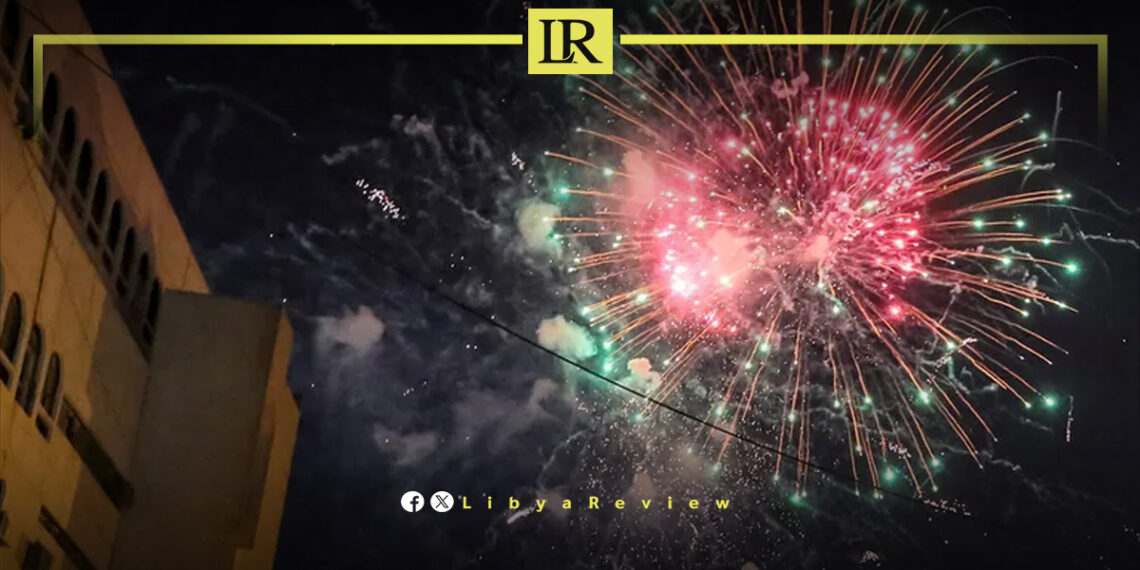A government decision to ban New Year’s Eve celebrations in Libya has ignited intense debate, with authorities vowing legal action against anyone who defies the restrictions. The move has drawn both support and criticism, reflecting the country’s deep divisions over cultural and religious norms.
In eastern Libya, the ban has been enforced aggressively. The Municipal Guard in Benghazi launched a series of inspections on shops selling decorations, toys, and other holiday-related items. One store was raided, and its merchandise confiscated, with officials warning that selling such goods violates Islamic principles.
Authorities justified the ban as part of their effort to preserve Libya’s Islamic identity, declaring that public festivities for the New Year are unacceptable and subject to legal penalties.
Member of the Libyan Parliament, Saleh Afhima supported the ban, asserting that it aligns with Libya’s status as an Islamic country with no significant non-Muslim population.
Afhima argued that the government has a duty to uphold religious and cultural values, particularly to safeguard future generations from influences that might erode Libya’s identity. While acknowledging Islam’s promotion of coexistence and freedom of worship for non-Muslims, Afhima stressed the importance of measures to maintain the country’s character.
However, strong opposition has emerged from figures such as MP Belkacem Gzait, who dismissed the ban as an unnecessary overreach. Gzait argued that New Year’s celebrations are secular expressions of joy, celebrated globally without religious significance. He highlighted that Libya hosts diverse nationalities who have the right to mark such occasions and criticized authorities for focusing on such issues while ignoring the nation’s pressing crises.
Gzait accused authorities of neglecting severe problems, such as Libya’s growing role as a hub for drug trafficking, human smuggling, and organ trade, while choosing to restrict celebrations that bring joy to the people. He described the crackdown as a misplaced priority, accusing officials of stifling happiness under the guise of religious preservation.
This controversy unfolds against the backdrop of Libya’s ongoing struggles with political instability, economic hardships, and unresolved divisions between eastern and western factions. The ban on New Year’s festivities has become a lightning rod for broader frustrations, with critics arguing that it distracts from the country’s critical challenges.

